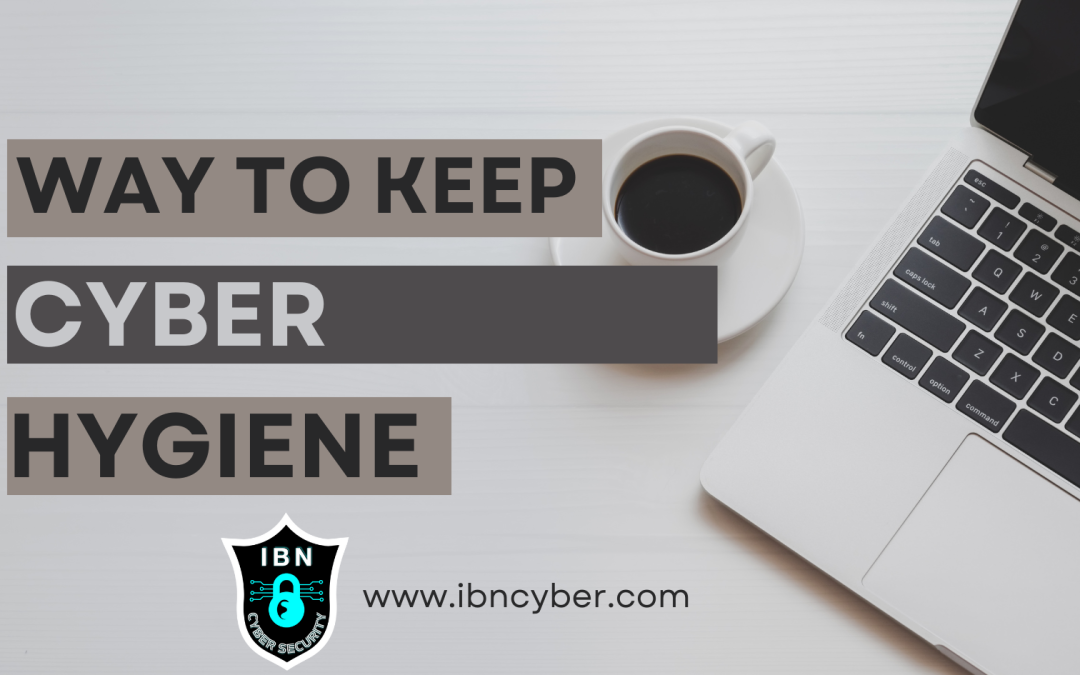Introduction:
Cyber hygiene is the practice of following basic security measures to protect your computer, mobile devices, and online accounts from malware, viruses, and other cyber threats. It is important because it can help to prevent unauthorized access to your personal information, financial data, and other sensitive information.
Here are some of the most important cyber hygiene practices:
- Keep your software up to date. Software updates often include security patches that can help to protect your devices from known vulnerabilities.
- Use strong passwords and change them regularly. Passwords should be at least 12 characters long and include a mix of upper and lowercase letters, numbers, and symbols.
- Be careful what you click on. Phishing emails and malicious websites are often designed to trick you into clicking on a link or downloading a file that will infect your device with malware.
- Use a firewall and antivirus software. A firewall can help to protect your computer from unauthorized access, and antivirus software can help to detect and remove malware.
- Be careful about what information you share online. Don’t share your personal information, such as your Social Security number or credit card number, with people you don’t know or trust.
By following these basic cyber hygiene practices, you can help to protect yourself from cyber threats and keep your personal information safe.
Here are some additional tips for good cyber hygiene:
- Use a password manager to help you keep track of your passwords.
- Be careful when using public Wi-Fi. If you must use public Wi-Fi, avoid doing anything that requires you to enter sensitive information, such as your banking information or credit card number.
- Be aware of the latest cyber threats. There are many resources available online that can help you stay informed about the latest cyber threats.
- Report any suspicious activity to your IT department or the authorities. If you think that your computer or online account has been compromised, report it immediately
Example: cyber hygiene practices for Windows 10
- Keep your software up to date. Windows 10 automatically updates itself, but it’s a good idea to check for updates regularly and install them as soon as they’re available. These updates often include security patches that can help to protect your computer from known vulnerabilities.
- Use a firewall and antivirus software. A firewall can help to protect your computer from unauthorized access, and antivirus software can help to detect and remove malware. There are many different firewall and antivirus software programs available, so you can choose one that fits your needs and budget.
- Use strong passwords and change them regularly. Passwords should be at least 12 characters long and include a mix of upper and lowercase letters, numbers, and symbols. You should also avoid using the same password for multiple accounts.
- Be careful what you click on. Phishing emails and malicious websites are often designed to trick you into clicking on a link or downloading a file that will infect your computer with malware. If you’re not sure whether a link or email is legitimate, don’t click on it.
- Be careful about what information you share online. Don’t share your personal information, such as your Social Security number or credit card number, with people you don’t know or trust.
- Use a password manager to help you keep track of your passwords. A password manager is a secure application that can store all of your passwords in one place. This can help you to keep track of your passwords and make it more difficult for someone to hack your accounts.
- Be careful when using public Wi-Fi. If you must use public Wi-Fi, avoid doing anything that requires you to enter sensitive information, such as your banking information or credit card number.
- Be aware of the latest cyber threats. There are many resources available online that can help you stay informed about the latest cyber threats.
- Report any suspicious activity to your IT department or the authorities. If you think that your computer or online account has been compromised, report it immediately.
Here are some additional resources that you may find helpful:
- The National Cyber Security Alliance: https://www.staysafeonline.org/
- The Cybersecurity and Infrastructure Security Agency: https://www.cisa.gov/
- The Federal Trade Commission: https://www.ftc.gov/
Please follow and like us:

